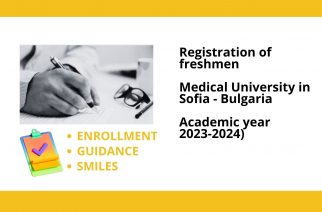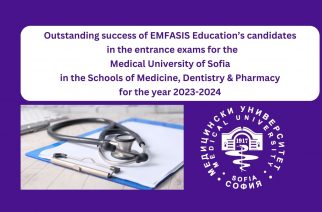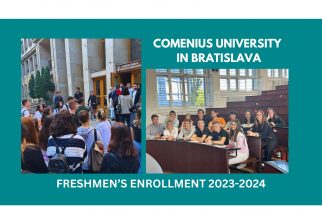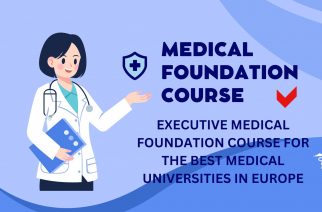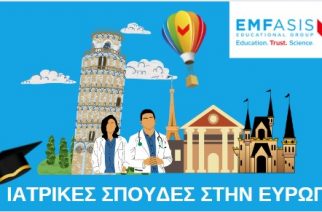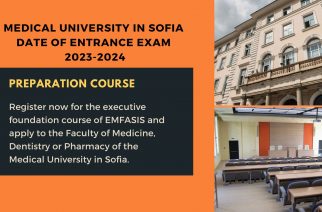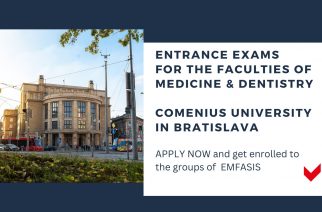
Merhaba! Nassilsin?
Turkey is a country of more than 70 million people with an area of 814,578 km2, which is considered by many people in Greece as a great challenge and an unexplored neighbour.
The Turkish language belongs to the Altaic group of languages and is spoken in Turkey, Cyprus, Bulgaria, Greece, FYROM and other countries of the former Ottoman Empire, as well as in many countries of the European Union, where several millions of Turkish-origin immigrants live. Turkish is spoken by approx. 75 million people.
Why learn Turkish?
Traditionally, Greek diplomats and politicians were interested in learning Turkish. Lately, Turkish learning seems to interest even Greeks with a profession that has nothing to do in any way with politics.
Today, since the Turkish economy is among the largest economies in the world and the approaching between Turkey and Greece stays in the spotlight, a rapid development of the relations, and many opportunities for cooperation between the two countries in areas such as trade and tourism could be achieved.
Turkish-speaking people are now sought after by Greek companies cooperating with Turkish counterparts, while the discovery of this attractive language is now considered by many people to be a magical and exciting travel – even due to the special characteristics of this language.
Also, in the question “why should I learn Turkish?” many people answer: for personal/emotional reasons. Many people originate from Asia Minor or from other regions now belonging to the Turkish state, and the knowledge of this language brings them closer to the history of their ancestors, who lived there for long.
Our purpose is to bring our students in touch with the history, culture, civilization, and, especially, with the Turkish language. In the early stages of Turkish learning, communication in the classroom is performed in Turkish, and where it is necessary, explanations are given in Greek and English. In more advanced levels of learning communication is made only in Turkish, so as the student will be fully familiarized with the language and, of course, if he/she agrees.
LEVELS OF TURKISH KNOWLEDGE
The levels of Turkish knowledge correspond to those valid for all the other languages, as stated below:
Level A1 (Temel Deviye 2): Elementary knowledge of the language, use of simple questions and answers.
Level A2 (Temel Seviye 4): Knowledge of basics, ability to describe well-known and predictable situations.
Level B1 (Orta Seviye 4): Moderate knowledge of the language, ability to describe unusual conditions, e.g. opening a bank account.
Level B2 (Yüksek seviye 2): Good knowledge of the language, ability to describe and render a great number of everyday situations, e.g. tour in a place.
Level C1 (Yüksek seviye 4): Very good knowledge of the language, ability of complete participation in a conversation for unexpected issues.
Level C2 (Yüksek seviye): Knowledge of the language at an academic level, use of expressions, higher even for a native speaker.
There are required 3-4 years for an excellent communication in Turkish, depending on the mood and the time available by the interested persons.
TURKISH CERTIFICATES AND EXAMS
The specific exams are conducted by the University TÖMER of Ankara twice a year.
There are 3 levels available:
– Temel
– Orta
– Yüksek
| LEVEL | CERTIFICATE |
| TEMEL 2 (BASIC 2) | KATILIM BELGESİ – (TEMEL 2) (Α1) |
| TEMEL 4 (BASIC 4) | SERTİFİKA – (TEMEL 4) (Α2) |
| ORTA (INTERMEDIATE) | SERTİFİKA – (ORTA 4) (Β1) |
| YÜKSEK 2 (HIGHER 2) | SERTİFİKA – (YÜKSEK 2) (Β2) |
| YÜKSEK 4 (HIGHER 4) | DİPLOMA – (YÜKSEK 4) (C1) |
We offer a systematic and complete preparation for the acquisition of the above certificates.
Read More At this level, students get a first contact with the Turkish language; they are informed about the way of life in modern Turkey and come in contact with the culture of this country. The alphabet, basic grammatical structures and a sufficient volume of vocabulary are taught at this level. The main target is to understand and participate in a multitude of situations of everyday life, such as to send greetings, make recommendations, participate in phone conversations, to make transactions in a store, etc. There are two levels of the Temel certificate: Temel 2 (KATILIM BELGESİ), corresponding to level A1 of the Common European Framework and Temel 4 (SERTİFİKA), corresponding to level A2 of the Common European Framework, respectively.
Read More The courses at this level aim at learning more difficult grammatical and syntax structures of the Turkish language. Moreover, the knowledge of vocabulary is increased, idioms are taught, and the ability to expression is improved with writing. The aim is that the student can conduct short, simple texts (short narrative essays) and adequately understand articles from magazines and newspapers. Finally, at a speaking level, he/she should be able to communicate fluently in more complex situations of the everyday life, such as transactions with authorities, use of transportation means, talks in hotels, shops, restaurants etc.
Read More At this level the student perfects his/her knowledge of Turkish. The enrichment of vocabulary, pronunciation improvement, and learning of more complex grammatical and syntax phenomena is pursued. A student finishing this course will be able to express his/her personal view on a variety of topics. In addition, he/she will be able to understand more complex texts (from literature, the press, scientific texts, sport texts, etc.).


